Saudi Arabia, known for its substantial oil reserves, has demonstrated a growing interest in developing its domestic steel industry. Steel billets play a crucial role in this sector, serving as the primary raw material for steel production. This article provides a comprehensive summary of steel billets in Saudi Arabia, including an analysis of the industry’s current state, major players, market trends, challenges, and future prospects. 1. Saudi Arabia’s Steel Billet Industry Overview: Saudi Arabia’s steel industry has experienced rapid growth in recent years, driven by rising infrastructure projects, urbanization, and increasing consumption of steel products. Steel billets, which serve as a foundation for various downstream products like rebar, wire rods, and structural steel, form an essential component of this expanding sector. 2. Major Players: The Saudi steel billet market is dominated by a few key players who have established their presence over the years.
iron
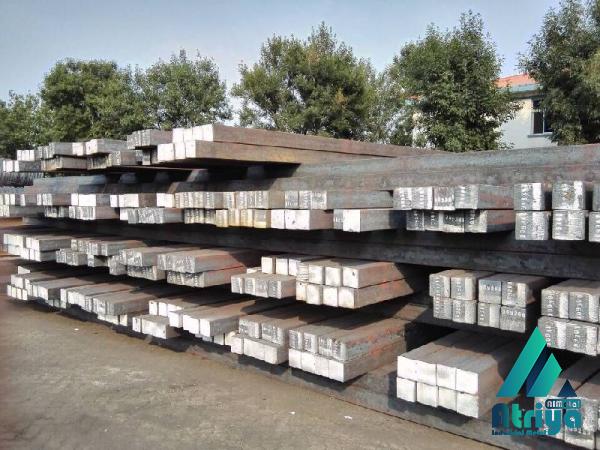 Some prominent companies operating in the country include: a) Saudi Basic Industries Corporation (SABIC): SABIC, a state-owned company, is one of the world’s leading petrochemical and metals producers. Their steel business division manufactures steel billets and plays a significant role in meeting the domestic demand in Saudi Arabia. b) United Steel Industries (USI): USI is a major player in the Saudi Arabian steel market, specializing in the production of steel billets and other steel products. The company boasts a state-of-the-art manufacturing facility capable of producing large volumes of steel billets. c) Rajhi Steel Industries: Rajhi Steel is another prominent participant in the Saudi steel billet sector. Their modern production plant enables them to deliver high-quality billets, meeting national and international standards. 3. Market Trends and Demand Drivers: Several market trends and demand drivers stimulate the demand for steel billets in Saudi Arabia: a) Infrastructure Development: Saudi Arabia has been investing significantly in infrastructure projects, such as transportation, utilities, and housing, to support its growing population. This development leads to an increased demand for steel billets, particularly for the construction sector.
Some prominent companies operating in the country include: a) Saudi Basic Industries Corporation (SABIC): SABIC, a state-owned company, is one of the world’s leading petrochemical and metals producers. Their steel business division manufactures steel billets and plays a significant role in meeting the domestic demand in Saudi Arabia. b) United Steel Industries (USI): USI is a major player in the Saudi Arabian steel market, specializing in the production of steel billets and other steel products. The company boasts a state-of-the-art manufacturing facility capable of producing large volumes of steel billets. c) Rajhi Steel Industries: Rajhi Steel is another prominent participant in the Saudi steel billet sector. Their modern production plant enables them to deliver high-quality billets, meeting national and international standards. 3. Market Trends and Demand Drivers: Several market trends and demand drivers stimulate the demand for steel billets in Saudi Arabia: a) Infrastructure Development: Saudi Arabia has been investing significantly in infrastructure projects, such as transportation, utilities, and housing, to support its growing population. This development leads to an increased demand for steel billets, particularly for the construction sector.
Specifications of iron
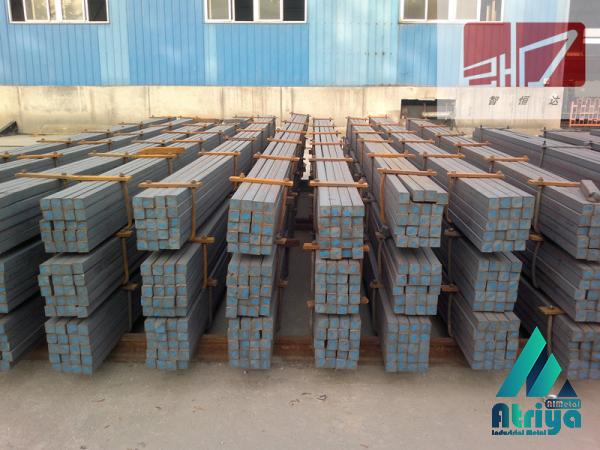 b) Urbanization: As urbanization accelerates, the demand for steel products rises due to the construction of commercial buildings, residential complexes, and industrial infrastructure. c) Replacement and Upgrading: Steel products that were previously constructed using lower-grade materials are now being replaced or upgraded with high-strength steel, thereby driving the demand for steel billets. 4. Challenges and Constraints: Despite the favorable market conditions, the Saudi steel billet industry faces several challenges: a) Dependency on Imports: Saudi Arabia still relies on imports to meet a significant portion of its steel billet demand. This reliance makes the domestic industry vulnerable to price fluctuations in the global market, as well as transportation costs and supply chain disruptions. b) Overcapacity: The country’s steel production capacity surpasses its domestic demand, resulting in excess supply and competitive pressures. c) High Energy Costs: Steel production is an energy-intensive process, and the high energy costs in Saudi Arabia can affect the overall competitiveness of the domestic industry.
b) Urbanization: As urbanization accelerates, the demand for steel products rises due to the construction of commercial buildings, residential complexes, and industrial infrastructure. c) Replacement and Upgrading: Steel products that were previously constructed using lower-grade materials are now being replaced or upgraded with high-strength steel, thereby driving the demand for steel billets. 4. Challenges and Constraints: Despite the favorable market conditions, the Saudi steel billet industry faces several challenges: a) Dependency on Imports: Saudi Arabia still relies on imports to meet a significant portion of its steel billet demand. This reliance makes the domestic industry vulnerable to price fluctuations in the global market, as well as transportation costs and supply chain disruptions. b) Overcapacity: The country’s steel production capacity surpasses its domestic demand, resulting in excess supply and competitive pressures. c) High Energy Costs: Steel production is an energy-intensive process, and the high energy costs in Saudi Arabia can affect the overall competitiveness of the domestic industry.
buy iron
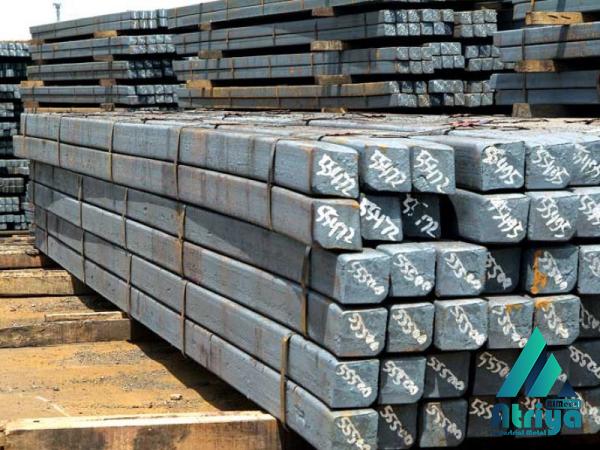 5. Future Prospects and Opportunities: The Saudi steel billet industry exhibits promising prospects and presents opportunities for growth: a) Increased Localization Efforts: The Saudi government has been actively pursuing initiatives to increase local steel production and reduce dependency on imports. These efforts include supporting mergers and acquisitions, promoting investment in research and development, and fostering partnerships with international steel companies. b) Expansion of Downstream Industries: The growth of downstream industries, such as construction, automotive, and manufacturing, will propel the demand for steel billets further. This expansion creates opportunities for domestic steel producers to capture a larger share of the value chain. c) Export Potential: With a strategic geographic location and established international trade relationships, Saudi Arabia has the potential to export its steel billets to regional and global markets, ensuring enhanced market diversification and increased revenue. Conclusion: Steel billets play a vital role in Saudi Arabia’s growing steel industry, supporting the country’s infrastructure development, urbanization, and increasing consumption of steel products. While the industry faces challenges such as import dependence and overcapacity, the government’s localization efforts and expanding downstream industries provide opportunities for growth and development. With its abundant resources, strategic location, and competitive advantages, Saudi Arabia’s steel billet industry has the potential to emerge as a major player in the global steel market.
5. Future Prospects and Opportunities: The Saudi steel billet industry exhibits promising prospects and presents opportunities for growth: a) Increased Localization Efforts: The Saudi government has been actively pursuing initiatives to increase local steel production and reduce dependency on imports. These efforts include supporting mergers and acquisitions, promoting investment in research and development, and fostering partnerships with international steel companies. b) Expansion of Downstream Industries: The growth of downstream industries, such as construction, automotive, and manufacturing, will propel the demand for steel billets further. This expansion creates opportunities for domestic steel producers to capture a larger share of the value chain. c) Export Potential: With a strategic geographic location and established international trade relationships, Saudi Arabia has the potential to export its steel billets to regional and global markets, ensuring enhanced market diversification and increased revenue. Conclusion: Steel billets play a vital role in Saudi Arabia’s growing steel industry, supporting the country’s infrastructure development, urbanization, and increasing consumption of steel products. While the industry faces challenges such as import dependence and overcapacity, the government’s localization efforts and expanding downstream industries provide opportunities for growth and development. With its abundant resources, strategic location, and competitive advantages, Saudi Arabia’s steel billet industry has the potential to emerge as a major player in the global steel market.


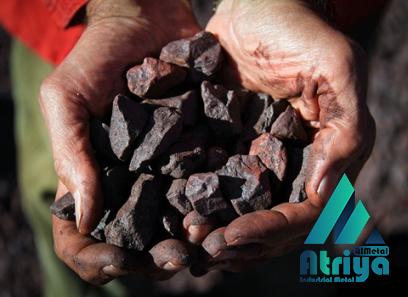
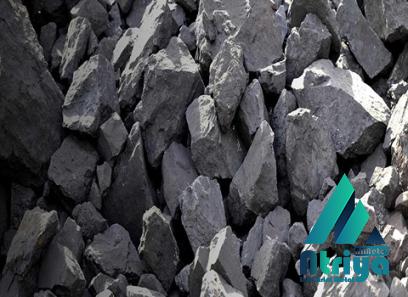

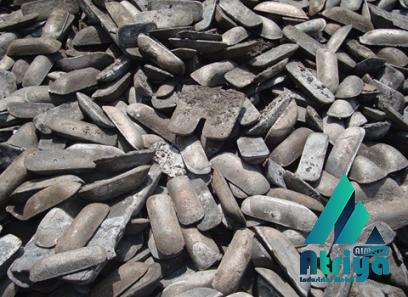
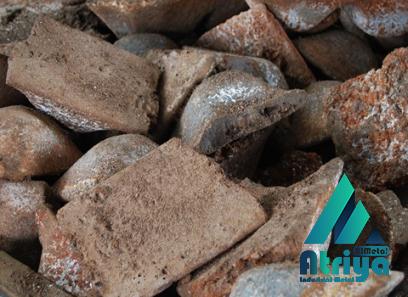
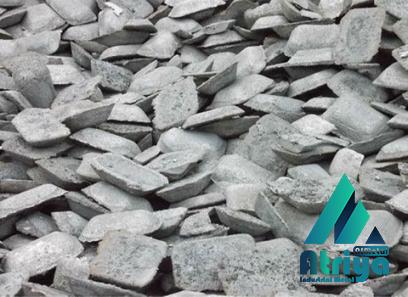
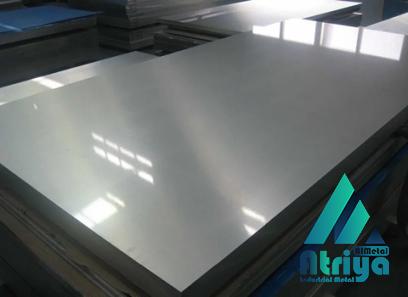

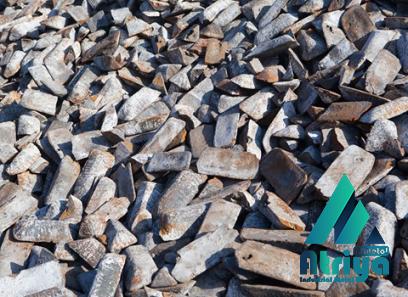
Your comment submitted.